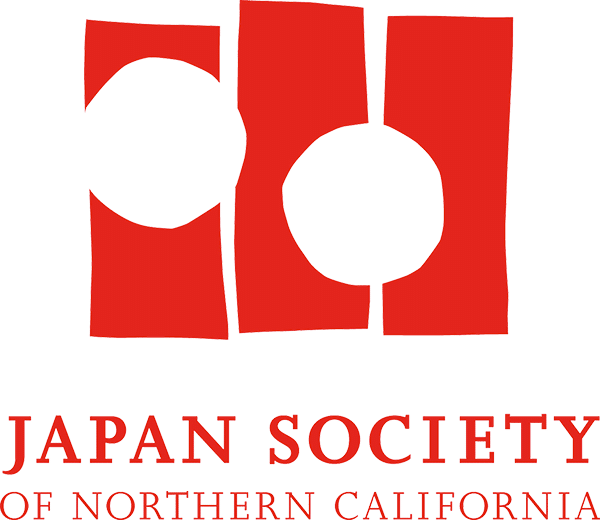Chairman Message, Larry Greenwood | Japan Society of Northern California
As we celebrate Asian American and Pacific Islander Heritage month, it is timely to look back on the 116-year history of the Japan Society of Northern California and how it was intertwined with the evolving Japanese and Japanese American communities in the Bay Area. The Japan Society was born of conflict. Driven by economic, social and political upheaval in Meiji era Japan and by the need for workers in California following the Chinese Exclusion Act in 1882, Japanese immigrants began to flock to the Bay Area at the turn of the 20th century. Settling first in South of Market and then moving to Western Addition after the 1906 Earthquake, Japanese immigrants quickly established successful businesses and started families.
That success, however, stoked resentment among local citizens, many of whom were themselves recent immigrants from Ireland. To stem the tide of rising anti-Japanese feelings, three men, attorney and businessman Henry Pike Bowie, Stanford’s first President David Starr Jordan and Japanese Consul General Kisaburo Ueno founded the Japan Society of Northern California to educate San Franciscans about Japan and bring them closer to the Japanese community in the hope that it would be much harder to hate someone you knew.
Sadly, despite these efforts it did not take long before the Japanese immigrants faced the same discrimination that the Chinese had suffered before them. Children were forced into segregated schools in 1906, Japanese were banned from owning farm land in 1913, and they faced increased immigration restrictions under the “Gentlemen’s Agreement of 1918” leading eventually to a complete cut-off of immigration in 1924. The ultimate ignominy of this tragic chapter of Asian American history was the incarceration of 120,000 Japanese and Japanese American people, about half of them children, from 1942-1945.
As a personal aside, my wife’s grandparents, part of that great migration, settled in Southern California from Kyushu and Wakayama respectively and were imprisoned yeas later in Poston, Arizona. One silver lining (at least for me) was that her parents met and married in the camp and my wife was born just months after the camp closed.
With this history of discrimination and having just fought a brutal and long war, few could have guessed in 1946 how the US-Japan relationship would turn out just a decade later. In the geopolitical sphere, former enemies turned into the best of friends and allies. In fact, this year marks the 70th anniversary of the signing of the peace treaty with Japan at San Francisco’s Opera House.
Closer to home, after returning from the camps, Japanese Americans showed remarkable resilience and rebuilt their lives, as the second generation (nisei) took over leadership of the community. In relatively quick succession the ban on naturalization of immigrants and the Alien Land Law were repealed. After years of activism, US courts denounced the internment, the US Government finally apologized and in 1990 authorized payments to survivors of the camps. Unfortunately, Japan Town was never to be restored to its old glory as many Japanese Americans moved from the camps to the suburbs or migrated to Los Angeles and J-Town’s borders shrank due to urban redevelopment.
Meanwhile smaller waves of migration to the Bay Area from Japan continued. Some 45,000 war brides came to the US in the 1950s, married to GIs who served in the Occupation. Japanese business executives settled in the area, and even though many rotated out after just a few years, thousands of Japanese executives “left their heart in San Francisco,” still a popular karaoke song in Japan.
Japanese companies became important investors in the Bay Area. One of the earliest was MUFG (then Bank of Tokyo) which acquired Union Bank in 1975 and has been offering banking services in the area ever since. Toyota joined with GM to set up the NUMMI (New United Motor Manufacturing, Inc.) plant in Fremont where Elon Musk now makes the Tesla. More recently, companies like Sony and Rakuten have located their headquarters here. And in the last five years we have seen yet another wave of Japanese business interest- in the Bay Area, this time focused on Silicon Valley technology. Currently nearly 1000 Japanese companies operate in the Bay Area.
Through all of this ebb and flow of history, the Japan Society has been working hard to connect Japan and the Bay Area through programs on business, technology, arts, culture, and policy. We continue to seek to expand and connect our three groups of stakeholders – people who admire Japan and its culture and values, Japanese Americans who share a heritage with Japan, and Japanese either living here long-term or just for a few years.
Creating these connections based on respect and friendship has never been more important than in these days of rising anti-Asian attacks. These attacks demonstrate that it is never easy to put history behind us, but they also serve to remind us of the importance of the ties that bind our local communities and our two nations and why we need to keep working to nurture them.
Today the US and Japan are indispensable partners, together ensuring peace and prosperity in Asia and the world. Behind that geopolitical reality lies everyday Japanese and American citizens who enjoy friendships that know no borders. As we reflect on our history and on our current reality, it is clear we cannot take such grassroots friendships for granted.
We are grateful for the support of our individual members and our corporate sponsors without whom we could not carry out this important mission. I hope you will join our programs and support them through your membership in the Japan Society of Northern California. For just $65 a year, you can be part of our mission to support a strong healthy and sustained partnership between our two great nations. Open this link and be part of that mission!
For companies who would like to support our mission please click this link:
For General Donation, open this link here.



